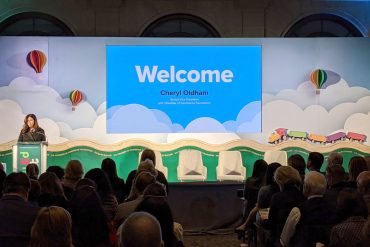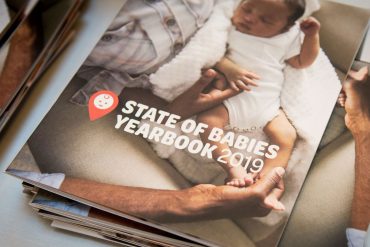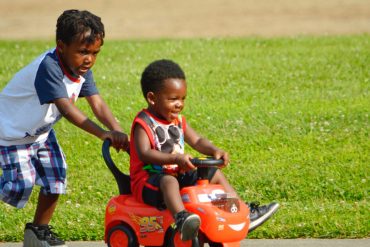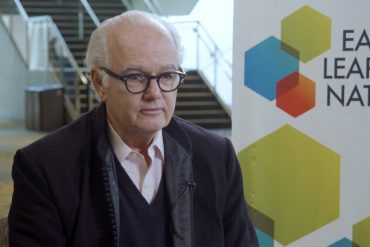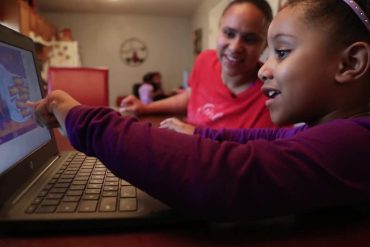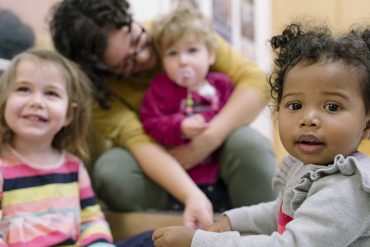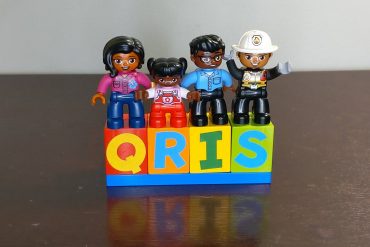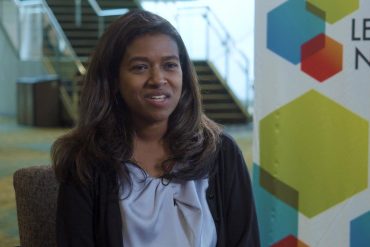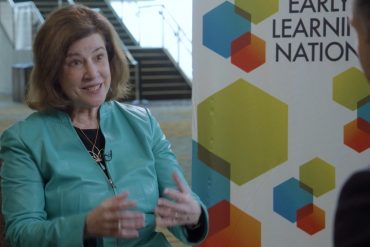Early Learning Nation magazine asked some of our favorite people, What’s one thing our readers can do to make the...
On February 28, the U.S. Chamber of Commerce held a summit for early education advocates and professionals, highlighting the work...
Infants and young children are rarely at the forefront of state and national policy agendas. For the good of the nation and the future of our world, they should be.
What a Difference Extended-Hours Childcare Makes
17-Hour Childcare in Rochester Is a Gamechanger for Working Parents
When many daycare centers are closing shop for the day, Rosa Marie at Rochester’s Marvelous Mind Academy is just getting...
According to NYU University Professor Lawrence Aber, poverty and violence are the two most toxic challenges for child development – areas he has researched from the U.S. to Africa and the Middle East. Regardless of location, children can experience poverty and violence in difference ways and levels. Aber explains the research, tools and tactics required to give children the best opportunities for successful development. Filmed for Early Learning Nation’s Mobile Studio at the Society for Research in Child Development’s biennial meeting in Baltimore, MD, on March 22, 2019. #SRCD19
Those of us who watched too much TV in the 1970s probably remember commercials extolling long-distance phone calls as The...
Bank Street Makes the Case for Compensation
Puts Pay at the Center of the Child Care Dialogue
It isn’t the 1950s anymore. The reality before and, presumably, after the pandemic, is that parents are outside of home...
Developed in the 1990s, Quality Rating and Improvement Systems (QRIS) aim to increase the availability of high-quality early education programs,...
Because we can’t take our Early Learning Nation Studio on the road during this time, stay tuned as ELN recaps...
When University of Maryland Associate Professor Geetha Ramani and her colleagues visit early learning classrooms, they’re known as the “game people.” Ramani’s research shows not only the importance of teaching math skills, but also the effectiveness of what might seem like an obvious tactic: Make it fun.
From “helicoptering” to “snowplowing,” parents are often tempted to simply remove obstacles from children’s way, preventing them from learning how to deal with challenges themselves. Instead, as Ellen Galinsky, Bezos Family Foundation Chief Science Officer and Founder/Executive Director of Mind in the Making, explains, the better approach is to build “Autonomy Support” – helping children gain the independence skills they’ll need to become successful adults. Filmed for Early Learning Nation’s Mobile Studio at the Society for Research in Child Development’s biennial meeting in Baltimore, MD, on March 22, 2019. #SRCD19
Jackie Counts, director of Kansas University’s Center for Public Partnerships and Research (CPPR), likens the early childhood continuum to the...



